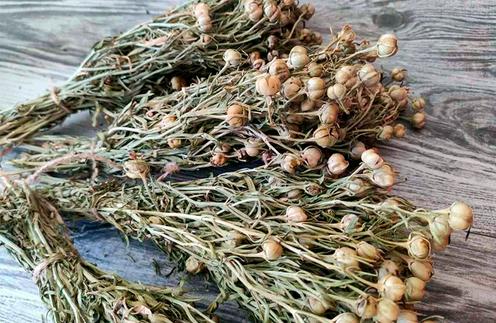A Russian court has sentenced a citizen of Tajikistan to eight years in prison for attempting to bring into the country the plant harmala (also known as hazorispand or isyryk), Asia-Plus reported, citing the Prosecutor General’s Office of Tajikistan.
The woman was detained at one of Russia’s airports and charged under Part 2 of Article 228 (“Possession, transportation, production, and processing of narcotics without intent to sell”) and Part 3 of Article 229.1 (“Illegal movement across the customs border of Russia of plants containing narcotic substances”) of the Russian Criminal Code.
“After the investigation was completed, the case was sent to court, which sentenced the defendant to eight years in prison,” the Tajik Prosecutor General’s Office said.
No further details were provided. The report also noted that another Tajik woman was detained at a different Russian airport on similar charges, though the outcome of her case remains unknown.
The Prosecutor General’s Office warned Tajik citizens against attempting to bring or use harmala in Russia, reminding them that transporting or storing more than ten units of hazorispand can result in fines of up to 1 million rubles or even life imprisonment.
In February 2024, harmala was added to Russia’s list of narcotic plants, with penalties introduced for its illegal circulation and possession. The plant contains harmine, a hallucinogen and central nervous system stimulant that can cause severe physical and psychological effects after just one use.
Meanwhile, in Central Asia, harmala remains in high demand and holds sacred value. It is believed to bring luck, wealth, and protection from bad energy and illness. The plant is often burned so that its smoke can cleanse homes and people. Former Turkmen president Gurbanguly Berdymukhamedov even included harmala (called yuzarlik in Turkmen) in the first volume of his book Medicinal Plants of Turkmenistan.










